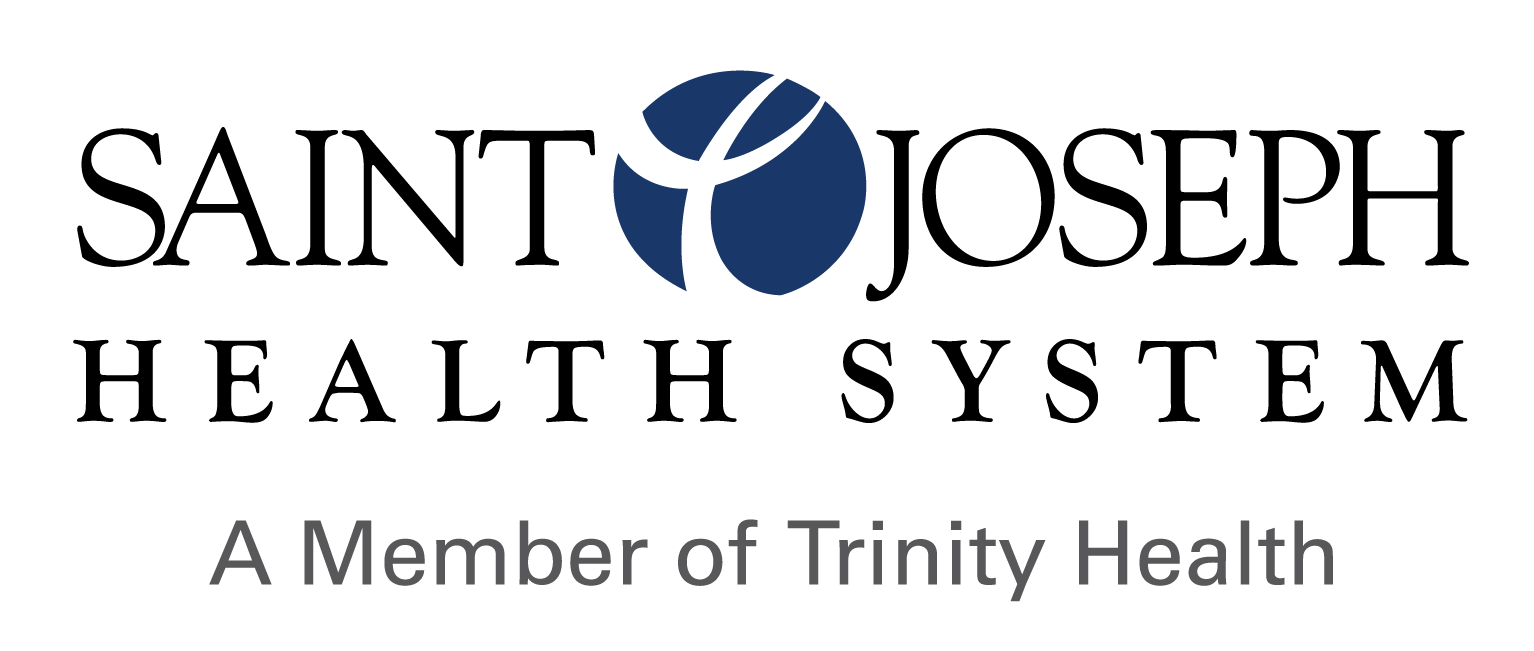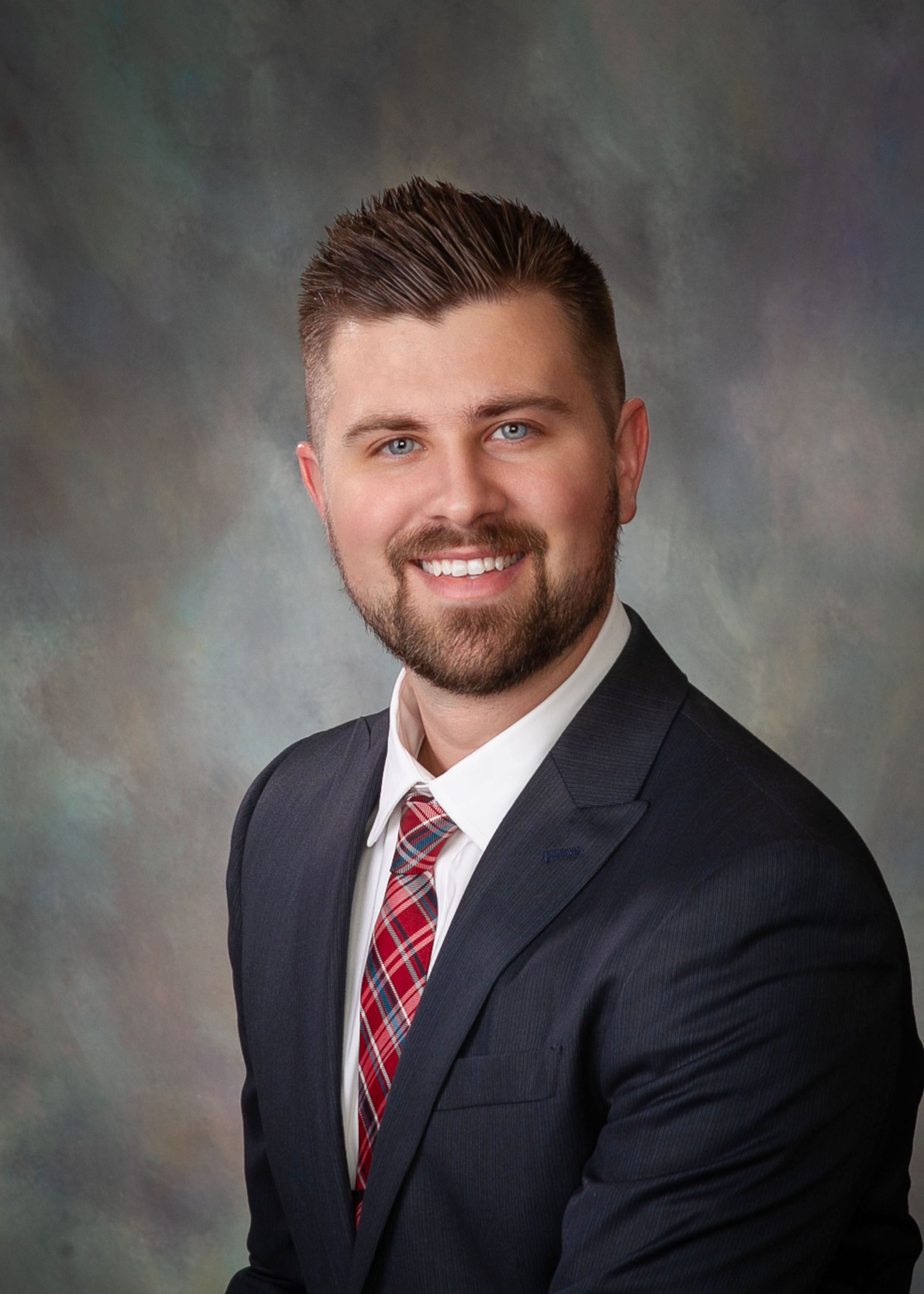Signs and Symptoms of High Blood Pressure: What to Look Out For
November 25, 2024
By: Jordan Hatch, MD
High blood pressure, also known as hypertension, frequently lacks noticeable symptoms until it becomes severe. As one of the most common health conditions worldwide, high blood pressure is a significant risk factor for heart disease, stroke, and other complications. Understanding what blood pressure numbers mean, the symptoms associated with severe hypertension, and the risk factors involved can empower you to take control of your health and seek early intervention when necessary.
"Millions of people around the world suffer from high blood pressure, yet many don't understand what it is or how to fix it. When patients come to see me, my goal is to provide treatment that not only treats them in the short-term, but also sets them up for long-term success," says Dr. Jordan Hatch, a family medicine physician at Saint Joseph Health System.
Understanding blood pressure basics
Blood pressure is a measure of the force of blood pushing against the walls of your arteries as your heart pumps it through your body. This pressure is recorded in two numbers, representing the force when the heart beats (systolic) and when the heart rests between beats (diastolic).
Systolic blood pressure
This is the first, or top, number in a blood pressure reading. It measures the pressure in your arteries when your heart is actively pumping blood. An ideal systolic reading is around 120 mm Hg, although readings from 100 to 140 mm Hg are typically considered within a healthy range for most adults.
Diastolic blood pressure
This is the second, or bottom, number in a reading and reflects the pressure in your arteries while the heart is resting between beats. A healthy diastolic reading ranges from 60 to 90 mm Hg.
Normal vs. high blood pressure
Generally, blood pressure above 130/80 mm Hg is considered elevated, with readings over 140/90 mm Hg often classified as hypertension. High blood pressure readings can become especially concerning as they inch above 180 mm Hg, a level known as “hypertensive crisis,” which may require emergency medical attention. As people age, arteries can stiffen, making it easier for blood pressure to rise, so it’s essential to monitor changes over time.
“If someone’s blood pressure is in the 130s, I’ll start talking to them about lifestyle adjustments, even if it’s still in the normal range. It’s about catching those early signs before they reach dangerous levels. If blood pressure gets up to 180 systolic, especially if people have symptoms like headache or blurry vision, that’s worth going to the emergency room," says Dr. Hatch.
Common signs and symptoms of high blood pressure
One of the most challenging aspects of managing high blood pressure is that it often shows no symptoms. Many people live with elevated blood pressure for years without knowing it. Symptoms usually don’t appear until blood pressure reaches a dangerous level, and even then, the signs may be easy to overlook or misattribute to other causes.
However, when high blood pressure reaches a severe stage, or if it persists at dangerously high levels, it may produce a variety of symptoms:
Headaches: As blood pressure rises, blood vessels in the brain are subject to increased pressure, which may contribute to pain and discomfort.
Fatigue or confusion: People with high blood pressure may feel persistently tired or mentally foggy, especially if their hypertension has persisted over time. Fatigue is not always directly linked to blood pressure alone, but in conjunction with other signs, it can indicate that the body is under stress.
Blurry vision or visual changes: Persistent hypertension can impact the blood vessels in the eyes, leading to a condition called hypertensive retinopathy, which damages the retina and may even result in vision loss if untreated.
Nosebleeds: Although nosebleeds are not always caused by high blood pressure, if you experience frequent or unexplained nosebleeds, it may be worth discussing with your doctor.
Chest pain and shortness of breath: Chest pain is a symptom that should never be ignored, as it can indicate an underlying cardiovascular problem. Severe hypertension can strain the heart and lead to chest pain or even shortness of breath. Immediate medical attention is crucial if these symptoms arise.
Ringing in the ears (Tinnitus): Some people with high blood pressure report experiencing a ringing or buzzing sound in their ears.
“There’s typically not a lot of symptoms that people get. Unless it’s reaching a dangerous level, most people won’t have symptoms until it’s really high or has been untreated for years," says Dr. Hatch.
Risk factors for high blood pressure
High blood pressure can be influenced by a range of factors, including genetics, lifestyle, and age. Understanding these risk factors can help individuals adopt preventive strategies to avoid or manage hypertension.
Lifestyle choices
- Diet: A high intake of salt, saturated fats, and processed foods can raise blood pressure. Salt, in particular, causes the body to retain more fluid, which increases blood volume and, subsequently, blood pressure.
- Physical Activity: Sedentary lifestyles can lead to weight gain and make the heart work harder, which raises blood pressure over time. Regular exercise helps keep blood pressure in check.
- Stress: Chronic stress is known to raise blood pressure, especially in individuals who respond to stress by overeating, smoking, or drinking excessively.
Genetic factors
Family history plays a role in an individual’s likelihood of developing high blood pressure. If close relatives have hypertension, the risk of developing it is higher. It’s still uncertain if this increased risk is purely genetic or also influenced by learned behaviors and dietary habits passed down in families.
Age and arterial health
As we age, our arteries tend to harden, leading to a gradual increase in blood pressure. Older adults are more likely to experience hypertension due to the natural loss of arterial flexibility.
Preventing and managing high blood pressure
Taking steps to manage blood pressure before it reaches a high level is essential. For those who are borderline or in the prehypertension range, lifestyle changes may be enough to keep blood pressure within a healthy range.
Monitor blood pressure regularly
Regular blood pressure checks can help you catch potential problems early. For people who are healthy and don’t have high blood pressure, occasional checks are generally sufficient. Those at risk or with prehypertension should monitor their readings more frequently, either at home or during doctor visits.
Adopt a healthy diet
For those already with high blood pressure, diets low in salt and rich in fruits, vegetables, and whole grains are beneficial. Reducing processed foods, which often contain hidden salt, and eating a balanced diet can help maintain healthier readings.
Exercise regularly
Physical activity strengthens the heart, allowing it to pump blood with less effort. Exercise also helps manage weight, an important factor in controlling blood pressure. The American Heart Association recommends at least 150 minutes of moderate exercise per week for optimal cardiovascular health.
Manage stress
Chronic stress can elevate blood pressure. Practicing relaxation techniques, mindfulness, or simply taking time each day to unwind can help reduce stress and its impact on blood pressure.
Consider medication when needed
If lifestyle changes alone are not enough, doctors may prescribe medication to lower blood pressure. Medication is often a safe and effective way to manage hypertension when other methods are insufficient, and many patients find it easier to control their readings with a combination of lifestyle changes and prescribed treatment.
"If lifestyle changes don’t bring blood pressure down within a month or so, that’s when we start considering medication. Sometimes patients want to avoid it, so we try to work with them, but we keep a close eye to see if meds might be needed," says Dr. Hatch.

